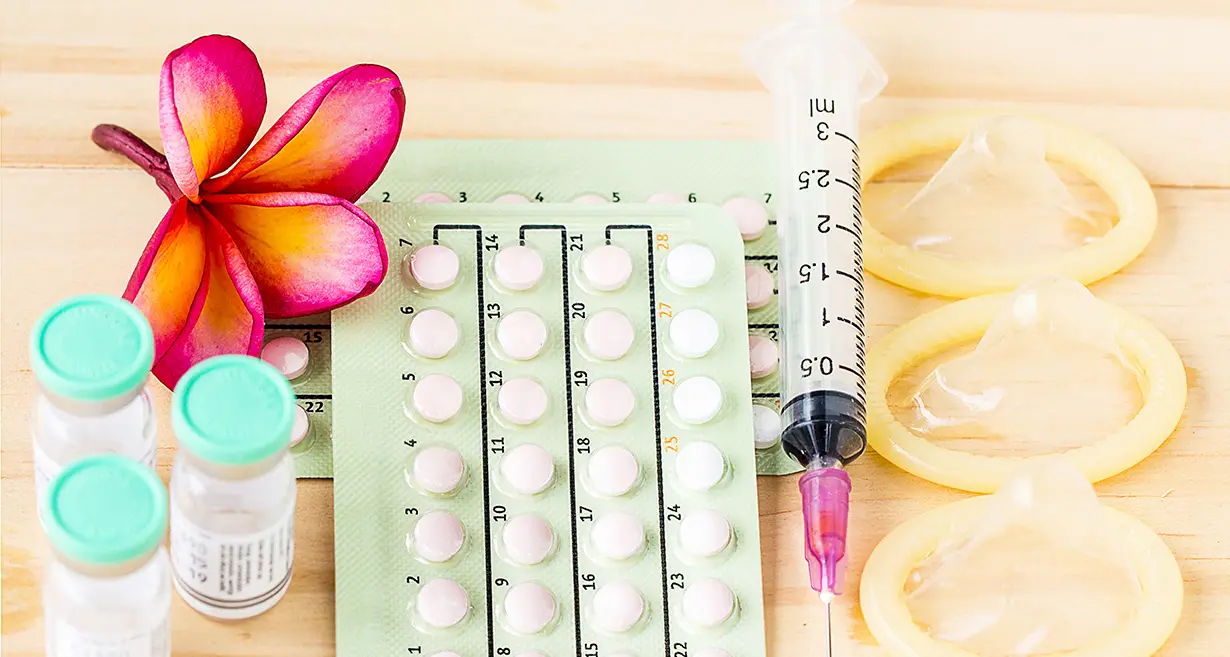
A pregnancy is called high-risk if the mother or the child is facing or likely to face health issues before, during, or after delivery. In such cases, the expecting mother must be carefully monitored throughout the gestational period to avoid situations that may increase the risk.
Know The Reasons
Here are some factors that may result in high-risk pregnancy:
Improper lifestyle: If the mother takes illegal drugs, smokes cigarettes, or drinks alcohol.
Age: Too young or too old mothers are likely to experience a high-risk pregnancy, especially below 17 and post 35.
Existing health conditions: If the mother suffers from conditions like Hypertension, Diabetes, Obesity, Depression, Thyroid disease, Epilepsy, and other heart or is underweight.
Complications during pregnancy: These include abnormal placenta position, reduced fetal growth, Rh sensitization (when the mother’s blood group is Rh-negative and the baby is Rh-positive), and more.
Multiple fetuses: The chances of a high-risk pregnancy increase in case of multiple fetuses with twins or more.
Earlier pregnancies: Premature birth, genetic defects, and premature labor in the previous pregnancy may induce the same in the subsequent pregnancies as well.
What To Do?
If an expecting mother or a woman planning her pregnancy feels that she is exposed to one or many of the previous factors, she may experience a high-risk pregnancy in the future. Here are a few ways she can reduce the chances of a high-risk pregnancy.
Preconception Checkup: The woman must go through a routine checkup under the supervision of a qualified gynecologist to determine if she has a healthy weight, has all the essential vitamins and minerals, and appropriate hormone levels by undertaking various lab tests.
Prenatal Care: People often ignore prenatal care but it is crucial. A pregnant woman must visit her doctor regularly for her and her baby’s continuous monitoring. Tests like Prenatal cell-free DNA (cfDNA) screening, Invasive genetic screening, Ultrasound for cervical length, Specialized or targeted ultrasound, Biophysical profile, and more are common.
Healthy diet: When pregnant, the mother must avoid all types of addictive substances like cigarettes, alcohol, drugs, and more. If she is taking medications for depression or other illnesses that may affect the pregnacy, they must consult with their doctor. A healthy diet filled with nutrients and vitamins often helps avoid a high-risk pregnancy. So, the gynecologist will recommend a nutritionist and the woman must follow the diet plan suggested by the nutritionist throughout the pregnancy and after.
Symptoms of a High-Risk Pregnancy
Acute headaches
Vaginal bleeding or watery vaginal discharge
Lower abdominal cramps
Painful urination
Blurred vision and dizziness
Sudden swelling in hands, fingers, and face
Low fetal movement
Severe and persistent nausea Fever with chills
In conclusion, timely intervention and continuous caution reduce the chances of a high-risk pregnancy tremendously. Being aware of the causes and attending regular prenatal appointments keep things under control. Moreover, adopting healthy lifestyles practices like yoga, meditation, a balanced diet, staying positive, and avoiding addictive substances also help women avoid a high-risk pregnancy.




























































































































































































